- Articles
- Unveiling Cinematic Mastery: Rewatchable Movies That Improve with Every Viewing
Unveiling Cinematic Mastery: Rewatchable Movies That Improve with Every Viewing
Inception
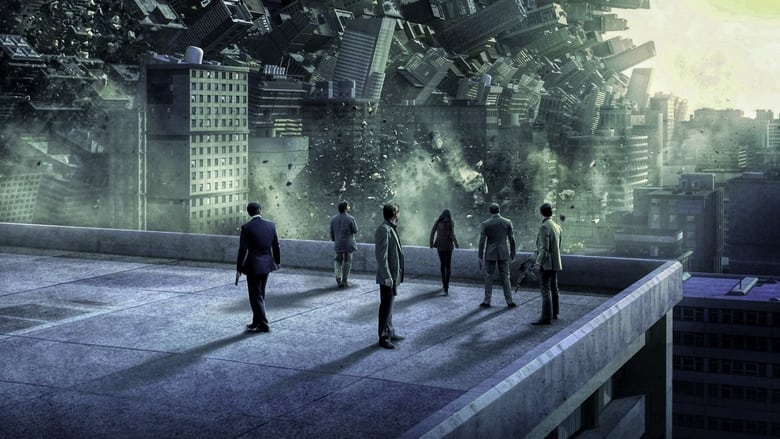
Director Christopher Nolan’s psychological thriller, Inception, tops the list with its complex narrative layers. Released in 2010, the film follows Cobb, a master thief who infiltrates the subconscious. The real challenge comes when he's tasked with inception - planting an idea in someone's mind. With a gripping plot that demands attention to detail, every rewatch unveils deeper meanings and untapped symbolism, rewarding viewers with insight that can be missed the first time around.
Groundhog Day
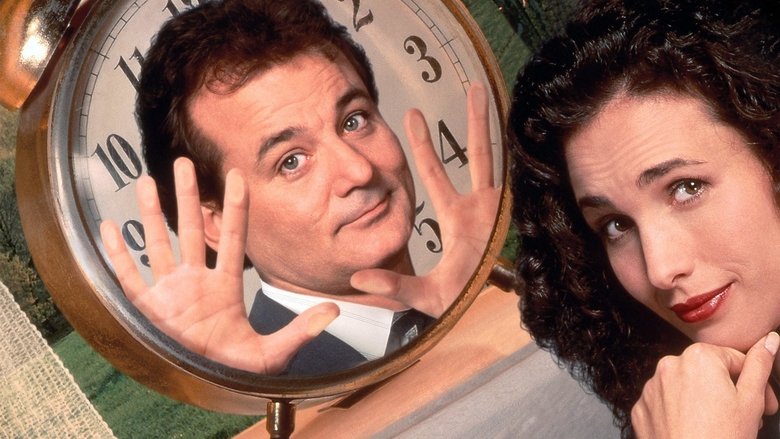
Bill Murray’s portrayal of a cynical TV weatherman caught in a time loop in Groundhog Day (1993) is both hilarious and profound. The film explores themes of self-improvement and redemption as the protagonist relives the same day until he gets it right. This seemingly simple comedy offers deep philosophical insights into human behavior and relationships, making it a joy to revisit repeatedly.
The Grand Budapest Hotel

Wes Anderson's signature style shines in The Grand Budapest Hotel (2014), a story of friendship, art, and war. With finely tuned aesthetics—from its symmetrical shots to its pastel color palette—the film narrates the tale of a concierge and his protégé amidst adventures involving a stolen painting and a family inheritance. Each watch brings to light new artistic details and comedic nuances that contribute to its charm and rewatchability.
Eternal Sunshine of the Spotless Mind

Eternal Sunshine of the Spotless Mind (2004) is a poignant sci-fi romance that delves into love, memory, and identity. Starring Jim Carrey and Kate Winslet, the narrative revolves around erasing memories of past relationships. As each memory fades, the protagonist realizes his true feelings, leading to a complex exploration of human emotion. Each viewing opens up deeper layers of emotional context and stunningly paradoxical visuals.
The Prestige
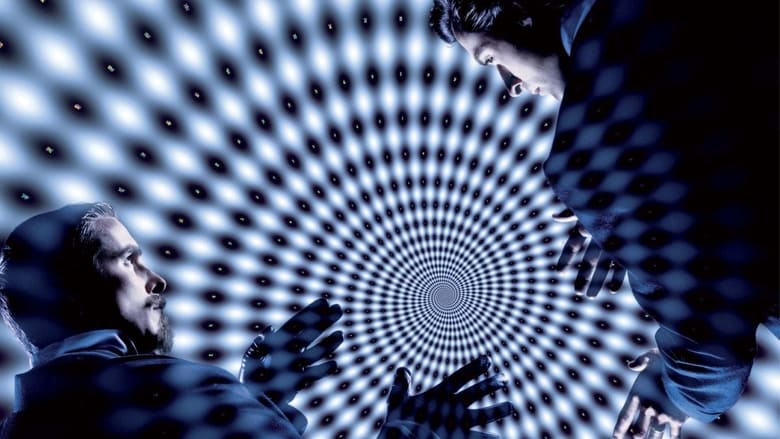
Nolan strikes again with The Prestige (2006), a thrilling exploration of rivalry between magicians. Their obsession leads to tragic consequences, captured through ingenious narrative techniques and layered storytelling. The film’s twists are so intricately woven that repeated viewings are necessary to fully appreciate its layered complexity and the tragic elements that define the characters’ lives.
Mad Max
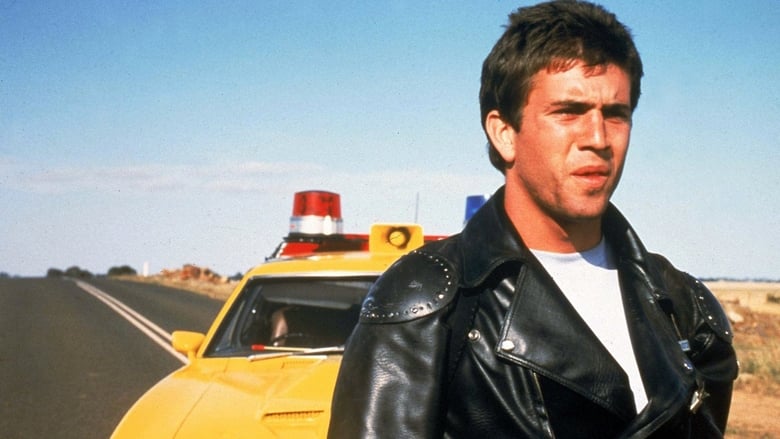
Mad Max (1979) introduces viewers to a dystopian future dominated by brutality and desolation. This classic film, paving the way for action road movies, presents raw storytelling entwined with spectacular stunt work and a visceral take on loss and revenge. Revisiting this original film from the Mad Max series provides a historical context within the genre and insights into its influence on later action cinema.
Blade Runner 2049

In Blade Runner 2049 (2017), the visually stunning sequel to the 1982 classic, viewers are enveloped in a rich, expanded universe thirty years after the original events. The film's exploration of identity, humanity, and society's crumbling layers demands further investigation beyond the initial watch, as hidden philosophical queries are scattered throughout its stunning visuals and sound design.
Get Out
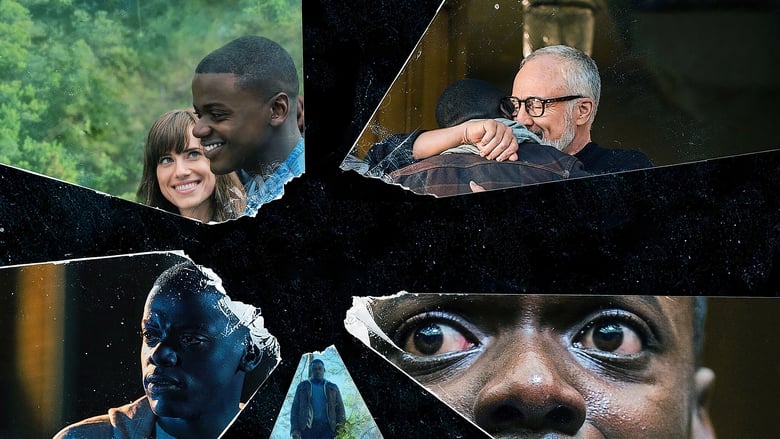
Jordan Peele’s Get Out (2017) ingeniously combines horror and social commentary. With its sharp script and innovative direction, the film delivers a critique on race relations cloaked in a psychological thriller. The layers of foreshadowing and symbolism throughout the film make it a rewarding rewatch, inviting audiences to pick up on subtleties that feed into its commentary and suspense.
The Matrix
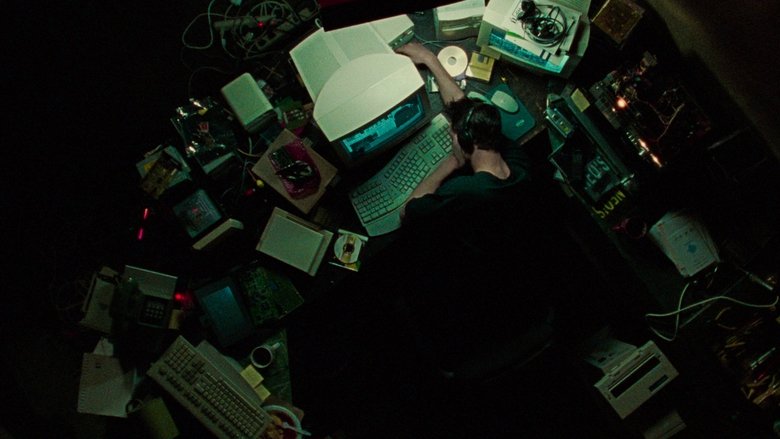
In the revolutionizing film, The Matrix (1999), audiences are thrust into a mind-bending reality where technology and humanity intertwine. The film follows a hacker who rebels against the architects of his virtual world. This iconic film blends philosophical questions and sci-fi action, encouraging viewers to continually question its philosophical questions each time they view it.
Parasite

Bong Joon-ho's Parasite (2019) is a masterpiece that seamlessly blends social commentary with thrills. The narrative of class struggle intertwines humor and horror to engross the audience in each twist and turn. The layered storytelling invites re-examinations to catch the subtle messages and underlying socio-economic discussions, rewarding those who revisit its intricacies.
The brilliance of these movies lies in their ability to open up endless interpretations and lively discussions every time they are watched. Each screening is a prospect not just to watch a story unfold but to uncover fresh new depths of its craftsmanship and insight, much like an enlightening journey with a varied yet unified purpose.
More in TV & Movies

11 Amazing Movies Based on Stage Plays
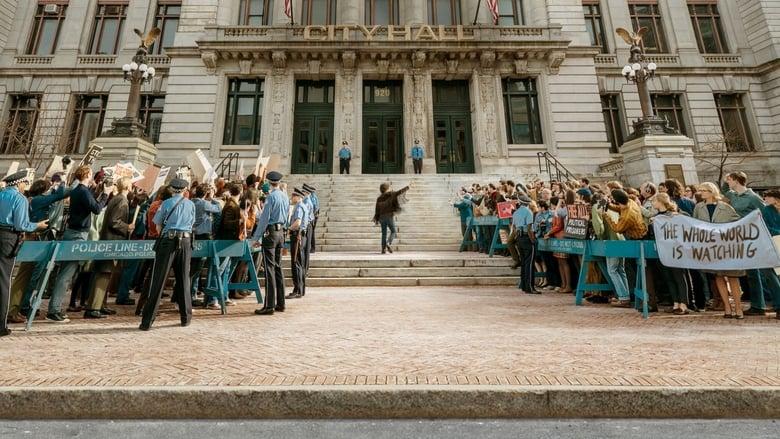
Captivating Courtroom Dramas on Netflix That Will Keep You Glued to the Screen

15 Movies Guillermo del Toro Has Recommended on Twitter

Winter Break Isn't Complete Until You Watch 1 of These 10 Christmas Movies

10 Painfully Realistic Movies About Relationships
